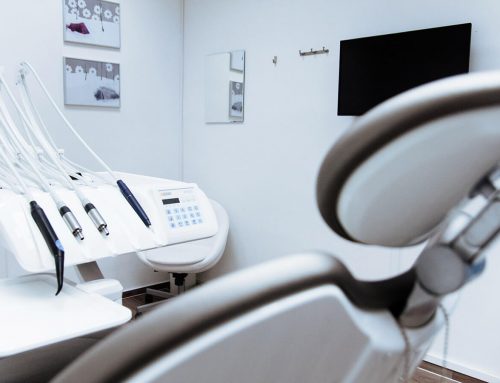 Diabetes can affect many areas of the mouth
Diabetes can affect many areas of the mouth
Proper oral hygiene is only one step
Dental monitoring is very important
There are two types of diabetes. One is typically genetic where the body doesn’t make insulin. It can’t be cured, only regulated with constant monitoring and administration of insulin via injections or tablets. The other, where the body stops responding to insulin, can be weight-related and can change when one sheds some pounds via diet and exercise.
Either way, if not treated, diabetes can affect everything from eyesight to kidney function to the heart. One’s mouth can also feel the effects and the results, if immediate attention is not given, can range from unpleasant to very dangerous.
Here are some of the areas and functions of the mouth that can be affected by diabetes.
Saliva
A diabetic can have a decrease in the amount of saliva production, which in turn can result in dry mouth. This would open the door for more cavities, since saliva protects teeth and the lack of it can allow bacteria, which would otherwise be flushed away, to grow and cause decay. Even more plaque can build up, as well. Drinking more water or chewing sugar-free gum can help keep this situation in check.
Teeth
If taking care of one’s teeth is not a priority, then possible infection and tooth loss can occur. This is a distinct possibility for otherwise healthy people – and the risk only multiplies with diabetes. Some wind up losing all their teeth, especially if they haven’t quit smoking after their diagnosis. Loose teeth should be examined immediately.
Diabetics don’t only have to worry about their natural teeth. Denture-wearers also have to monitor the state of their mouth – dry mouth can cause cuts and sores and subsequent infection. Their dentures can become very ill-fitting as a result and relining or replacing them may be required.
Gums
The first signs of diabetes affecting the mouth can be swelling and inflamed gums. There may be some blood when they brush or floss. It’s important that one speak with their dentist if they see this. Regular cleaning at the dentist’s office and proper brushing and flossing technique can make the inflammation stop. If left unchecked, it can get a lot worse, causing pus and loose teeth.
Other problems include fungal infection and a slower healing process. The slower healing can be problematic for those who need oral surgery or even after a regular cleaning. Extra steps may be needed to assure healing or the patient, especially if they have the weight-related type, may have to get their blood sugar under control before the procedure can be done.
It’s very important that patients tell their dentist that they have diabetes. They should do this each and every time, even though it will be in their records after the first time. This will reinforce the dentist or hygienist’s knowledge and can go a long way toward preventing complications later.
The staff at US Dental Medicine is well-equipped and very experienced in treating patients with diabetes-related dental conditions. They can guide them on proper oral care to manage the symptoms and ensure that they have excellent oral health.







Leave A Comment
You must be logged in to post a comment.